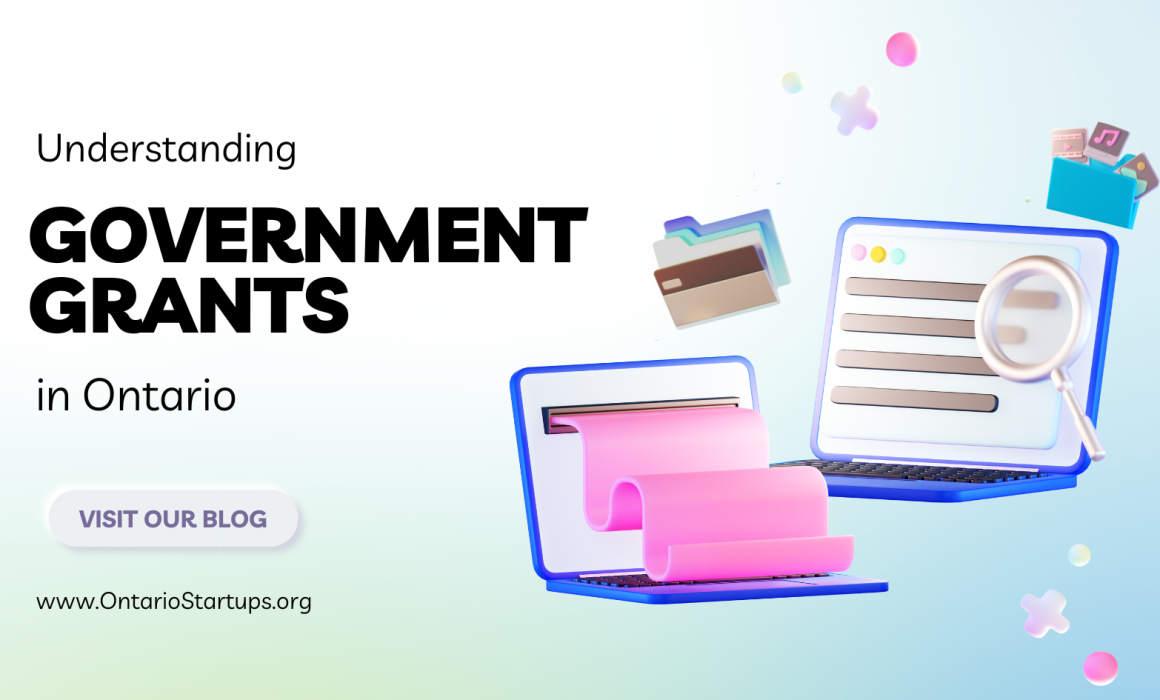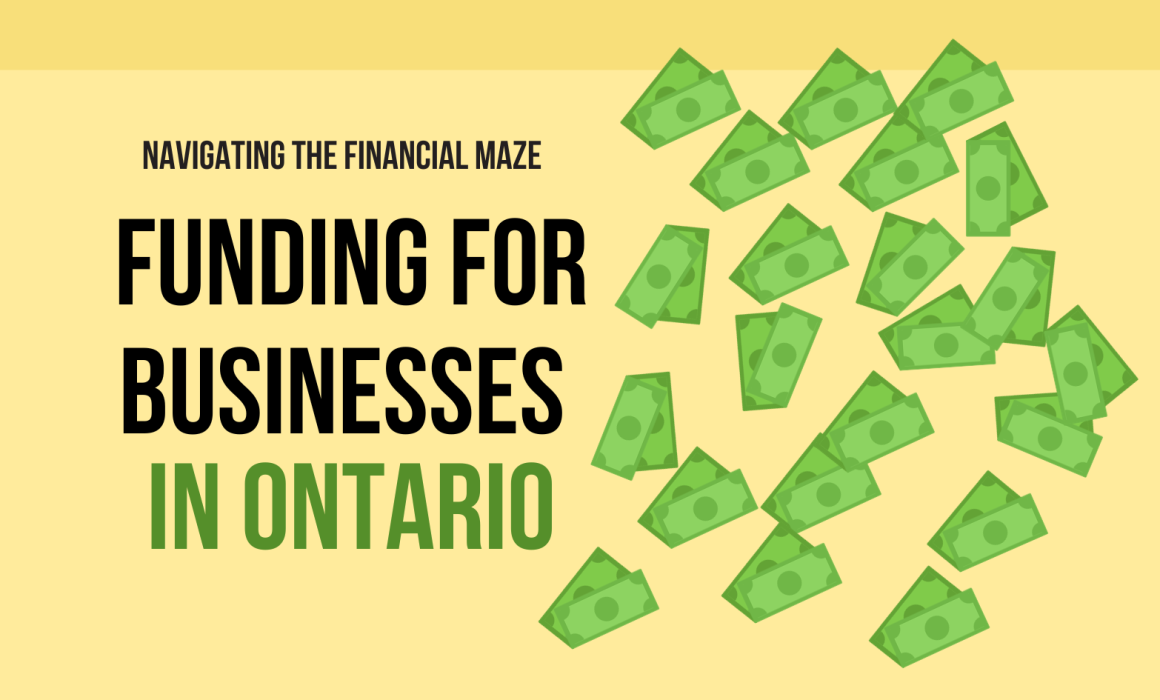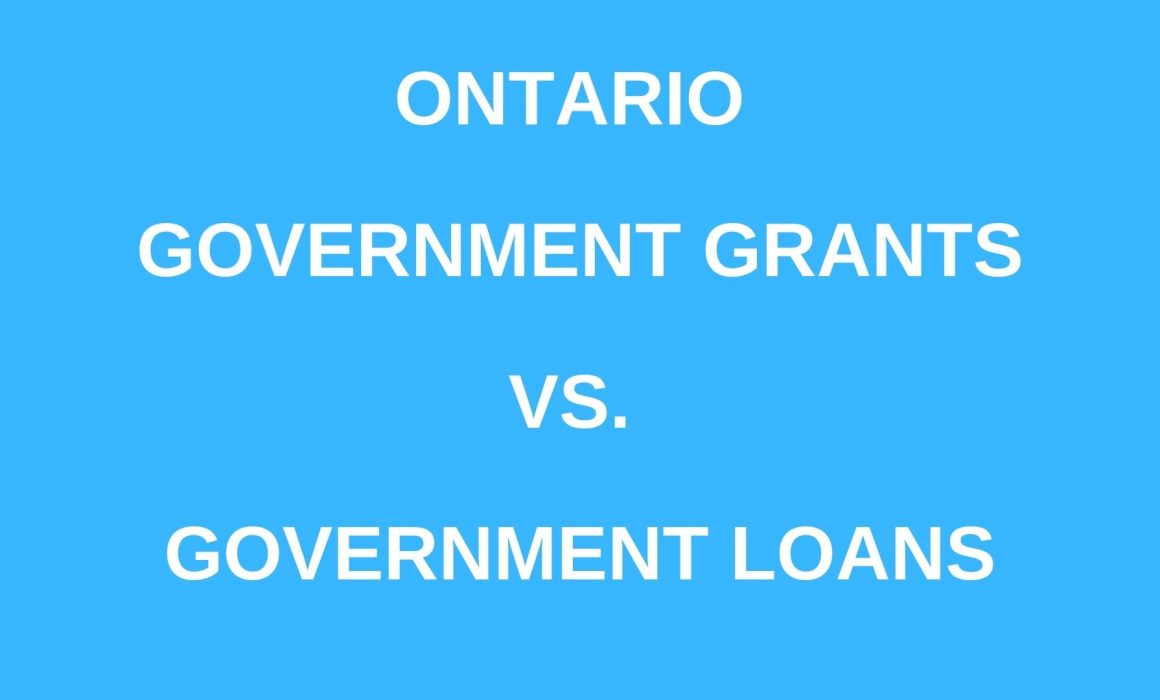Securing funding is a critical milestone for new entrepreneurs looking to turn their business dreams into reality. The journey can be challenging and daunting, but with the right guidance, it becomes an achievable goal. In this comprehensive guide, we will walk new entrepreneurs through the process of securing funding, providing valuable insights, actionable tips, and real-world examples to support their aspirations.
Understanding the Funding Landscape
Before embarking on the journey to secure funding, new entrepreneurs should familiarize themselves with the diverse funding options available. Understanding the nuances of each option is essential as it helps in making informed decisions regarding which funding source aligns best with their business goals.
Key Points:
- Grants: These are non-repayable funds provided by government agencies, private foundations, and organizations to support specific projects or initiatives. They are particularly valuable for new entrepreneurs, as they don’t require repayment. For example, the National Institutes of Health (NIH) offers Small Business Innovation Research (SBIR) grants to support innovative startups in the United States.
- Loans: Traditional loans from banks or financial institutions require repayment with interest. New entrepreneurs should assess their ability to service the debt before opting for loans.
- Angel Investors: These individuals invest their own money in startups in exchange for equity or convertible debt. Angel investors often provide mentorship and guidance in addition to funding.
- Venture Capital: Venture capitalists invest in startups with high growth potential in exchange for equity. They typically focus on technology-driven ventures with the potential for significant returns.
- Crowdfunding: Online crowdfunding platforms like Kickstarter and Indiegogo enable entrepreneurs to raise funds from a global audience. Backers contribute money to support projects they believe in.
Identifying Your Funding Needs
Knowing your funding needs is a critical step in the journey to secure financial support. Entrepreneurs should meticulously assess their financial requirements, taking into account startup costs, ongoing operational expenses, and capital needed for growth. This assessment forms the foundation for a realistic funding strategy.
Key Points:
- Startup Costs: This includes expenses such as product development, market research, legal fees, and marketing efforts required to launch the business.
- Operational Expenses: Ongoing costs like rent, utilities, employee salaries, and inventory maintenance should be factored into the financial plan.
- Growth Capital: New entrepreneurs should estimate the capital needed to scale their business. Growth capital may be required to expand operations, enter new markets, or develop new products.
Building a Strong Business Plan
A well-structured business plan is a critical document that not only serves as a roadmap for the business but also plays a pivotal role in attracting potential investors and funders. New entrepreneurs should invest time and effort into crafting a comprehensive business plan that outlines their vision, goals, market analysis, financial projections, and growth strategies.
Key Points:
- Vision and Goals: Clearly articulate the mission and long-term objectives of the business.
- Market Analysis: Provide a thorough analysis of the target market, including customer demographics, market size, and competition.
- Financial Projections: Create realistic financial projections, including income statements, balance sheets, and cash flow statements.
- Growth Strategy: Outline a clear strategy for business growth, including marketing and sales plans.
Exploring Grant Opportunities
Grants are a valuable source of funding for new entrepreneurs, especially those working on innovative projects or initiatives that align with the grant’s objectives. Entrepreneurs should proactively research and identify grant programs that cater to their industry or project type.
Key Points:
- Government Grants: Government agencies at the federal, state, or local levels often offer grants to support specific sectors, such as technology, healthcare, or sustainable initiatives.
- Private Foundations: Many private foundations have grant programs designed to support social or environmental causes. Entrepreneurs should explore foundations that align with their mission.
- Industry-Specific Grants: Some industries, like agriculture or renewable energy, have specialized grant opportunities. Researching industry associations and organizations can uncover relevant grants.
Tapping into the World of Investors
Angel investors and venture capitalists are crucial sources of funding for startups with high growth potential. Entrepreneurs should learn how to effectively pitch their business ideas to potential investors and build meaningful relationships in the investment community.
Key Points:
- Pitching Your Idea: Craft a compelling pitch that clearly communicates your business concept, market opportunity, and growth potential. Investors want to see a solid business model and a vision for scaling.
- Networking: Building relationships with potential investors, attending networking events, and seeking mentorship can open doors to funding opportunities. Leveraging personal and professional networks can be invaluable.
Leveraging Crowdfunding Platforms
In today’s digital age, crowdfunding has emerged as an accessible and effective way for entrepreneurs to secure funding from a global audience. Platforms like Kickstarter, Indiegogo, and GoFundMe allow entrepreneurs to present their ideas and products to potential backers who believe in their vision.
Key Points:
- Campaign Planning: Successful crowdfunding campaigns require careful planning and execution. Entrepreneurs should create engaging campaign pages that effectively convey their project’s value and benefits.
- Backer Engagement: Engaging with backers is crucial during and after the campaign. Providing regular updates, responding to inquiries, and fulfilling rewards or promises are essential for building trust.
Navigating the Application Process
Once entrepreneurs have identified their funding source, they must navigate the application process diligently. This section emphasizes the importance of attention to detail and compliance with specific guidelines provided by funders. A single oversight can result in rejection, so thoroughness is key.
Key Points:
- Document Preparation: Entrepreneurs should gather all required documents, which may include business plans, financial statements, pitch decks, and application forms.
- Application Submission: Ensure that all application materials are submitted correctly and within the specified deadlines.
- Follow-Up: After submitting an application, entrepreneurs should be prepared for follow-up questions or requests for additional information.
The Journey to Financial Success
Securing funding as a new entrepreneur is an exciting yet challenging journey. Understanding the diverse funding options available, accurately assessing funding needs, crafting a compelling business plan, and identifying suitable grant programs or investors are key steps in the process. Leveraging crowdfunding platforms and navigating the application process with attention to detail can increase the chances of securing the financial support needed to turn entrepreneurial dreams into reality. Success in securing funding paves the way for business growth, innovation, and the realization of entrepreneurial visions.





